Road safety rules that people are most lax about

Flip through the pages of a newspaper on any given day and road crashes find a mention almost every time. The incidence of accidents and road rage cases has instilled a wave of fear amongst people - sudden phone calls or messages send shivers down their spine; the thought of losing a loved one is nerve-wracking. The numbers are proof - 1.35 million people die in traffic accidents every year, but India’s road safety is the worst on record. Around 149,000 people lost their lives on Indian roads in 2018 - the country accounts for about 2% of motor vehicles globally, but it’s responsible for more than 11% of road traffic deaths.
These accidents claim more than 1.35 million lives each year and cause up to 50 million injuries, and the fact of the matter is that these can be prevented, if we follow road safety rules for both our own security, and also for our loved ones.
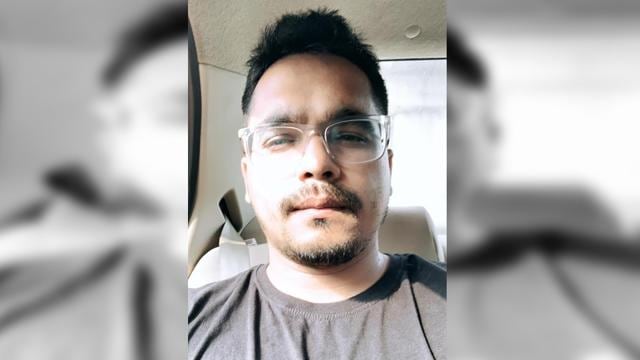
“I think what people here fail to understand is that their one act of carelessness will lead to consequences for others around them, and this is especially true when it comes to following traffic rules. Speeding or not wearing seat belts is something people do a lot in our country, and the same must be kept in check,” says Aniruddha Banerjee, a corporate professional.
There are some who feel that stringent rules by government authorities will help reduce accidents.
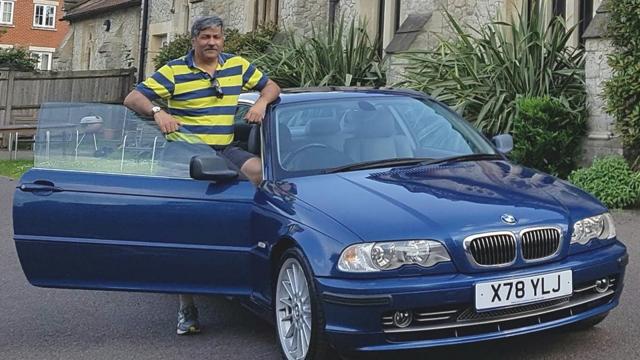
“Jumping signals and driving on the wrong side are the two most violated traffic rules in Indian cities. And, people indulge in these with impunity because of the almost non-existent functional camera surveillance on our streets. I see it almost every day in Gurgaon, even under the nose of traffic police,” says Arindam Ganguli, a former CEO.
The fear is palpable, even more for pedestrians - they are on guard all the time to prevent being run over by vehicles violating traffic rules.
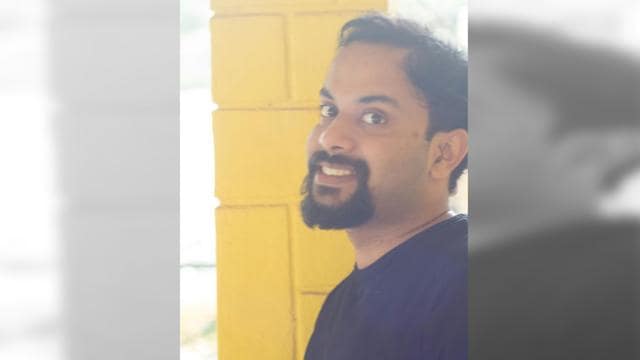
“Road safety has been compromised in India to an extent that I have to look on both sides before crossing a one-way road - you never know who might just turn up from the wrong side for an adventure ride and bump into you; needless to say, without caring about themselves. Lives in India have become that inexpensive,” says Shivang Sinha, an entrepreneur.
Urbanisation and growing affluence has led to a rise in cases of drunk driving, and many more deaths - it is more like an epidemic.
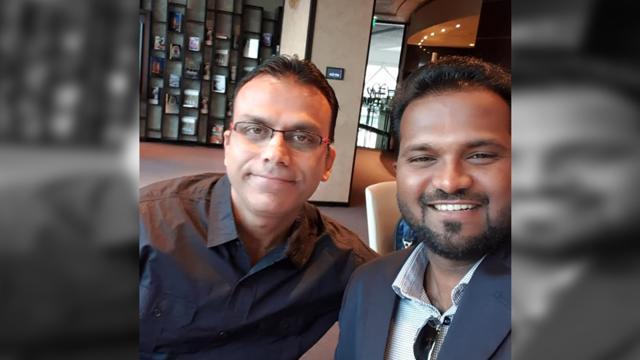
“I feel a lot of people have a casual approach, especially when it comes to drunk driving- this is something that has already caused a lot of deaths. People must be responsible enough and steer clear of such practices, not just because of the fear of a penalty, but also for their own life,” says Ranvir Bhagria, another corporate professional.
The idea is to impart life skills to children at a young age, so that they become responsible citizens of tomorrow.
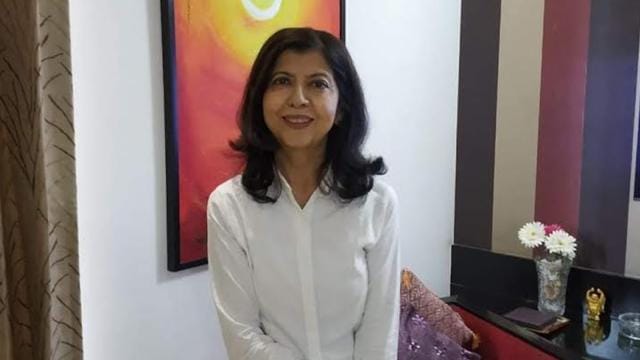
“Children, especially, when they are taught something at an early age, remember it even when they grow up. As teachers, it is our duty to teach them the right thing from the very beginning. We focus on traffic rules and give them examples of how one must be careful while crossing the road. It’s heartening to see how they repeat these things at home, and also make their parents more conscious,” says Madhu Sachdev, an educationist.
Through its ‘Be a Road Hero campaign’, Hero MotoCorp is encouraging what constitutes right road behaviour. In its second phase now, the campaign urges everyone to wear helmets and seat belts, help road accident victims, and follow traffic rules for 21 days. After all, that’s how long it takes to form a habit.
Take this quiz here and find out how you rank in terms of road safety behaviour. #BeARoadHero